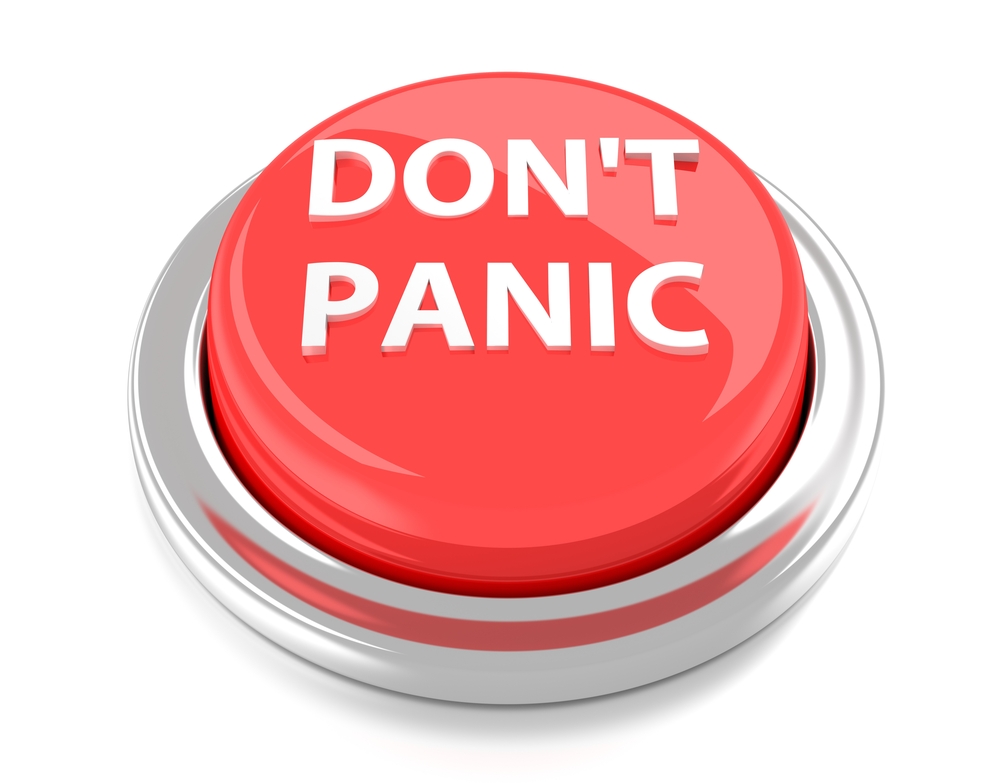
Prepare, don’t panic.
“From the news to social media, a lot of information is circulating about the new coronavirus. Some is true, but much of it may be misinformed or only partly correct, especially as information rapidly changes.
McGuire recommends using credible sources such as the Centers for Disease Control and Prevention or the World Health Organization to obtain up-to-date, scientific information about the illness and how to prevent it.”
“Knowledge and preparation can help reduce feelings of panic,” says McGuire. “Individuals can use information from trusted resources to develop personal plans of action.”
What You Can Do to Protect Yourself and Your Family
These actions are designed to help keep you healthy, reduce exposures to COVID-19, and slow the spread of the disease. Because there is currently no vaccine to prevent coronavirus disease in 2019 the best way to prevent illness is to avoid being exposed to this virus.
- Wash your hands often with soap and water for at least 20 seconds. Use an alcohol-based hand sanitizer that contains at least 60% alcohol if soap and water are not available.
- Avoid touching your eyes, nose, or mouth with unwashed hands.
- Avoid close contact with people who are sick.
- Cover your mouth and nose with a tissue when you cough or sneeze, then throw the tissue in the trash and wash your hands.
- Clean and disinfect objects and surfaces.
- Eat well, drink water appropriate for your physical condition and get rest to strengthen your immune system.
- Have a family emergency preparedness plan that includes care coverage and back up support, if possible.
- Stay at home and away from others if you are feeling ill.
- If you have underlying medical issues that put you in the high-risk category, avoid large public gatherings or other places outside the home. Limit your contact with others.
- If you have respiratory symptoms of COVID-19 (fever, sore throat, cough, shortness of breath) wear a facemask when around other people to help prevent the spread of the disease to others.
- If you think they may have been exposed to COVID-19 contact your healthcare provider immediately.
Suggestions from https://adarahomehealth.com/covid-19/

Be mindful.
“Stress can affect the immune system, but it is uncertain whether short-term stress makes someone more likely to catch the new coronavirus, says McGuire. Taking steps to reduce your stress in a healthy way is important.
One way to lessen worry is to ground yourself in the present moment through mindfulness. “Mindfulness is a great technique that can help reduce stress during challenging times,” says McGuire. You can practice mindfulness by sitting quietly and focusing on your breathing and senses.
Another way to manage stress is by limiting computer screen time and media exposure. “While keeping informed about current events is important, too much attention can cause problems,” explains McGuire. “Setting boundaries can prevent feeling overwhelmed by the situation.”
“It is important to not let fear control your life.”
For the complete article CLICK HERE
